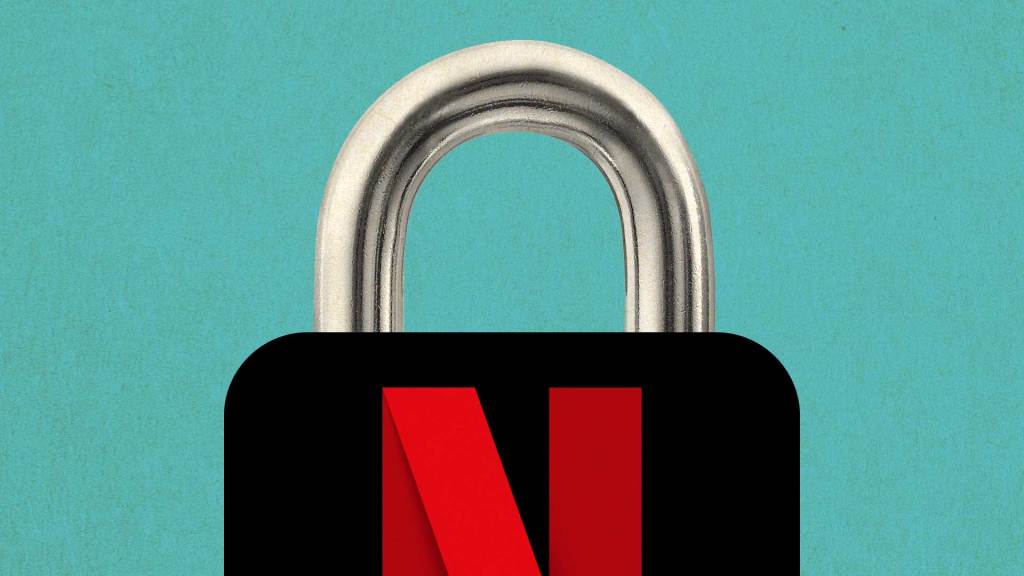If you’re sharing your Netflix password with someone who doesn’t live with you, get ready to pay up — it will cost $7.99 per month extra to add another user to your account.
On Tuesday, Netflix said it is launching its crackdown on illicit password sharing to its biggest market, the U.S., angling to squeeze a bigger chunk of change from customers who share their logins with friends and family outside their household.
“Your Netflix account is for you and the people you live with your household,” Netflix says in an email to U.S. customers, which it included in a blog post (see the email below). To share Netflix with someone outside of your household, you can transfer a profile to a new membership that someone else pays for, or you can buy an extra member for $7.99/month in addition the cost of the main subscription.
According to Netflix, paid sharing is widely available at this point but isn’t available in all countries yet.
As part of Netflix’s crackdown on customers sharing passwords with people outside their household, the company has said it will start blocking devices (after a certain period of time) that attempt to access a Netflix account without properly paying. However, Netflix members can continue to access the service while traveling via their personal devices or by logging in to new TV (like at a hotel or vacation rental).
Netflix last month announced plans for the broad rollout of paid-sharing plans in the second quarter of 2023, postponing that from its original Q1 schedule.
“A Netflix account is meant to be shared in one household (people who live in the same location with the account owner),” the streamer says on its customer-support site — noting that anyone else must have a separate paid account or be added as a paid “extra member.”
Netflix doesn’t allow customers on its ad-supported plan to add an extra member; you also can’t sign up an extra member if your account is billed through a third party. Users who are added as an “extra member” can watch Netflix on any device (but only on one device at a time) and download titles (only on one phone or tablet at a time); in addition, extra members can only have a single profile.
In February 2023, Netflix introduced the paid-sharing plan in four markets — Canada, New Zealand, Portugal and Spain — with the “buy an extra member” option that lets primary account holders pay an additional monthly fee for a sub-account for one or two people they don’t live with. That came after Netflix last year launched paid-sharing tests in three Latin American countries (Chile, Costa Rica and Peru).
In its Q1 letter to shareholders, Netflix warned that it has seen a “cancel reaction” in countries where it has launched paid sharing — and that the broad rollout will likely hurt Q2 subscriber growth. But Netflix also has pointed to early results in Canada, where so far its paid membership base is now larger than prior to the launch of paid sharing. In addition, according to Netflix, in Q1 revenue per subscriber grew faster in Canada than in the U.S.
“It’s very much like a price increase — we see an initial cancel reaction,” Netflix co-CEO Greg Peters said on the company’s Q1 earnings interview. “And then we build out of that, both in terms of membership and revenue as borrowers sign up for their own Netflix accounts, and existing members purchase that extra member facility for folks that they want to share it with.”
According to Peters, some password-borrowers “are watching as much of our shows as a normal paying account, and those folks have very strong likelihood to convert [to paid sharing plans], I would say… And if you’re watching much less, it’s much less likely that you’ll ultimately convert. But even in that case, I’d say this represents a really important structural shift where we’ll develop that one-to-one relationship without pricing distortion, without membership distortion, with a whole new range of members. So we’ll see membership grow through that approach. We’ll see revenue grow through it as well.”
Netflix said its subscriber tallies do not include “extra members.” Rather, the total revenue from a primary account and its sub-accounts result in higher average revenue per membership.
Here’s the email going out to Netflix U.S. customers:

Read More About:
Source: Read Full Article


